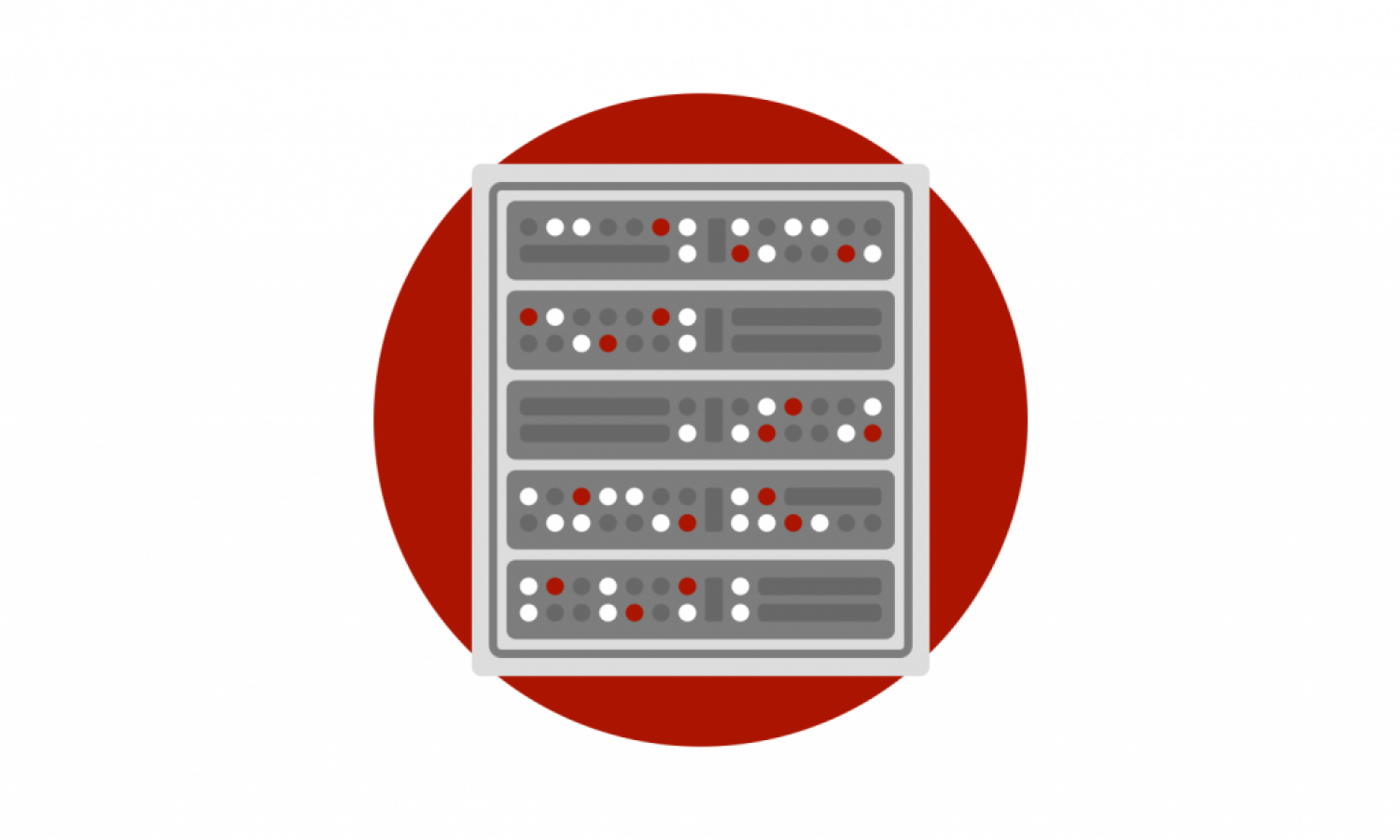Christian Dawson Remarks At USPTO
Earlier today i2Coalition Executive Director and Co-Founder Christian Dawson, spoke at the United States Patent and Trademark Office‘s USPTO Subject Matter Eligibility Guidelines Roundtable. The remarks can be found below.
Hello, and thank you for having me.
My name is Christian Dawson, and I’m the Executive Director of the Internet Infrastructure Coalition, or i2Coalition. It’s a privilege to be with you.
The i2Coalition was founded in 2012 with a clear mission: to be an effective advocate for the Internet infrastructure industry.
Since, we have grown to become the leading voice for web hosting companies, data centers, registrars and registries, software and managed service providers, and related technology firms.
We’re proud of what we have accomplished, but recognize there is a lot more work to be done.
As those who build and maintain the “nuts and bolts” of the global Internet, we are acutely attuned to the power of and need for innovation.
Which is why we are such strong supporters of the U.S. patent system and the Supreme Court’s Alice decision, and such strong opponents of applying unnecessary legislative fixes that could undermine the progress we’ve made.
The Alice decision is not perfect.
But with the federal courts’ consistent and effective refinement of the law to clarify the abstract idea exception in Section 101 of the patent code, all legitimate players now benefit, including software developers.
None of us want to promote policies that deprive these developers of their rights or the recompense they deserve.
We just want to make sure that we can effectively end patent trolling as a practice, and protect all innovators in the tech marketplace.
Patent trolls are among the most clear and present threats to innovation. This is especially so for the Internet infrastructure sector.
After three decades of unprecedented growth and cultural impact, today the tech world is strongly correlated with perceptions of great wealth and power in our cultural zeitgeist.
With little understanding of how the Internet actually works, many don’t see beyond the big firms they know, like Google, Microsoft, and Apple.
Because of this perception, patent trolling doesn’t always get the attention it deserves. Regular people don’t care about the legal costs of tech giants.
But it’s not the big firms that need to worry. It’s the small businesses that built, maintain, and drive the growth of the Internet that are in genuine peril.
There is a reason why patent trolling exploded when it did—with the advent of the commercial internet.
Suddenly, trolls had significantly more targets—the small businesses that have always been an essential component of the global Internet—and they had an easy avenue to reach them.
Most of the companies that build the Internet’s infrastructure are small enough that even minor litigation spurred by a troll’s overly broad patent claims can lead to serious economic hardship.
Litigation also shifts vital funds away from productive R&D and business development activities, and generates the kind of palpable fear that is the direct enemy of innovation.
It is essential that we continue to have the kind of effective recourse and protections granted by section 101 of the U.S. patent code and confirmed by the Alice decision. Period.
Any action to weaken the Alice decision would be a disaster for small tech companies and have a chilling impact on innovation, the global Internet, and the economy.
We should focus on finding more and better ways to limit exposure to and the costs of frivolous patent claims, instead of trying to fix what isn’t broken. That is the best path to preserving and protecting the open Internet, and the culture of innovation. I thank you so much for your time here today.

